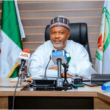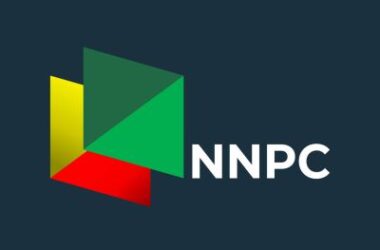Airtel Nigeria, the second-largest telecom operator in the country, has raised the prices of its data and call services in response to increasing operational costs. The new pricing structure, which includes both data bundles and call rates, was made public on the company’s website and through the use of the *312# code.
The telecommunications giant noted that this adjustment was necessary to help manage the rising operational costs that have affected businesses across various sectors, especially in a challenging economic climate. The changes are set to impact several data plans, with both daily, weekly, and monthly options seeing increases.
For daily data bundles, customers will now pay N50 for 40MB (valid for one day), N100 for 100MB (valid for one day), N200 for 200MB (valid for three days), and N350 for 1GB (valid for one day).
Weekly data options have also been revised, with the new plans including N350 for 350MB (valid for seven days), N500 for 750MB plus 1GB YouTube Night and 200MB YouTube Music/Spotify (valid for seven days), N500 for 1GB plus 1GB YouTube Night and 50MB for Socials (valid for seven days), and N500 for 2GB (valid for two days).
The company has also increased the prices of its monthly plans. The 3GB bundle now costs N2,000 (up from N1,200 for 1.5GB), while the 4GB plan is now priced at N2,500 (formerly 3GB at N1,500). The 8GB plan is now available for N3,000, replacing the previous 4.5GB for N2,000.
Larger bundles have also seen price hikes, with the 10GB plan increasing to N4,000 (from 6GB for N2,500), and the 13GB plan priced at N5,000 (up from 10GB for N3,000). The 18GB and 25GB plans now cost N6,000 and N8,000, respectively, replacing the previous offers of 15GB for N4,000 and 18GB for N5,000.
In addition to the data increases, Airtel has raised its call rates from about 18 kobo per second to 25 kobo per second. However, some tariffs remain unchanged, such as the 5GB plan per week for N1,500.
The increase in Airtel’s prices comes just after MTN Nigeria made a similar move, implementing a tariff hike of around 50 percent a week prior.
Meanwhile, the Nigerian Communications Commission (NCC), the regulatory body overseeing the telecommunications industry, had earlier approved a maximum 50 percent tariff adjustment for operators.
The approval was based on the need to ensure the sustainability of the industry, considering the rising operational costs. The NCC clarified that the decision followed extensive consultations with stakeholders from both the public and private sectors.










